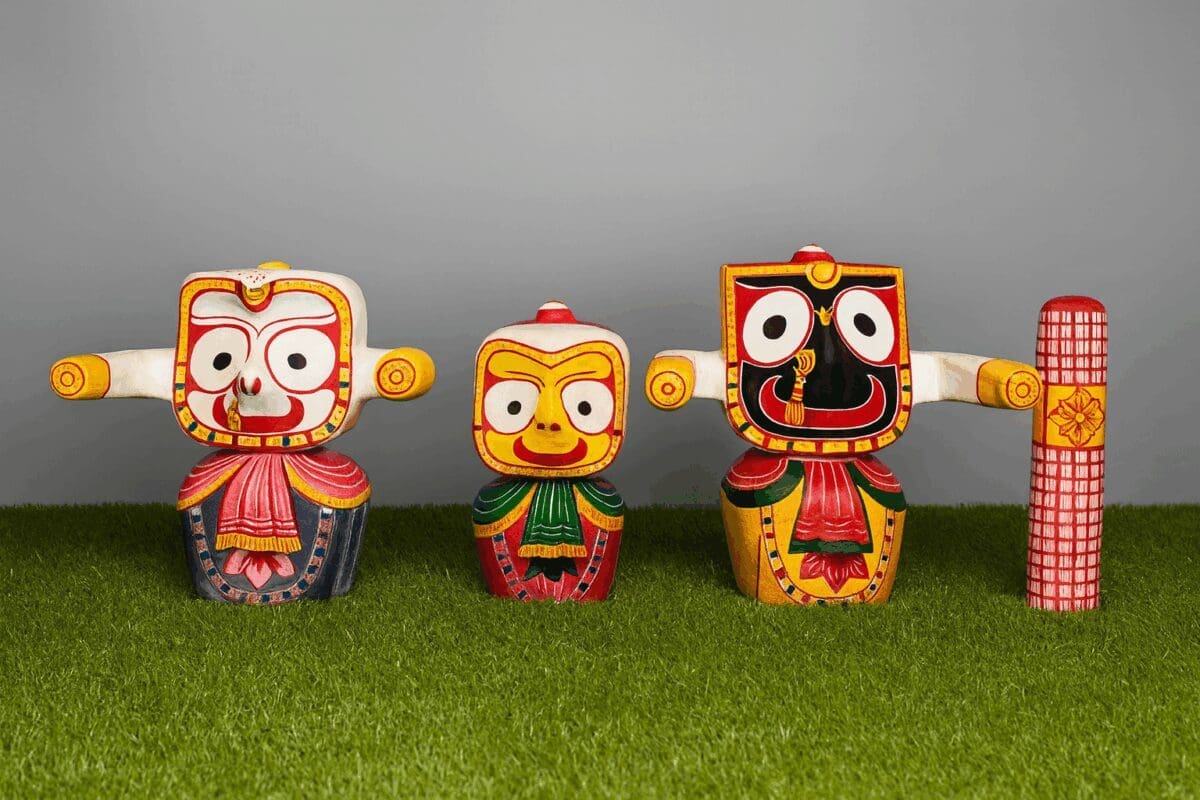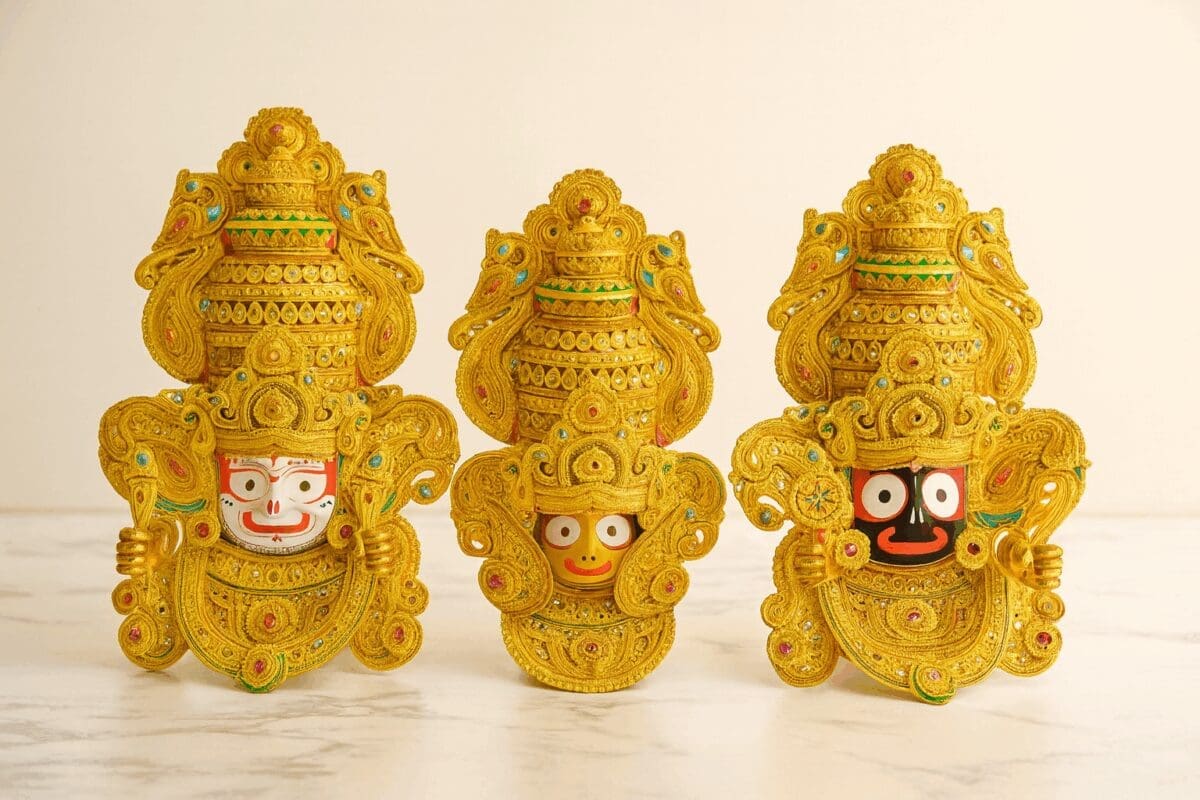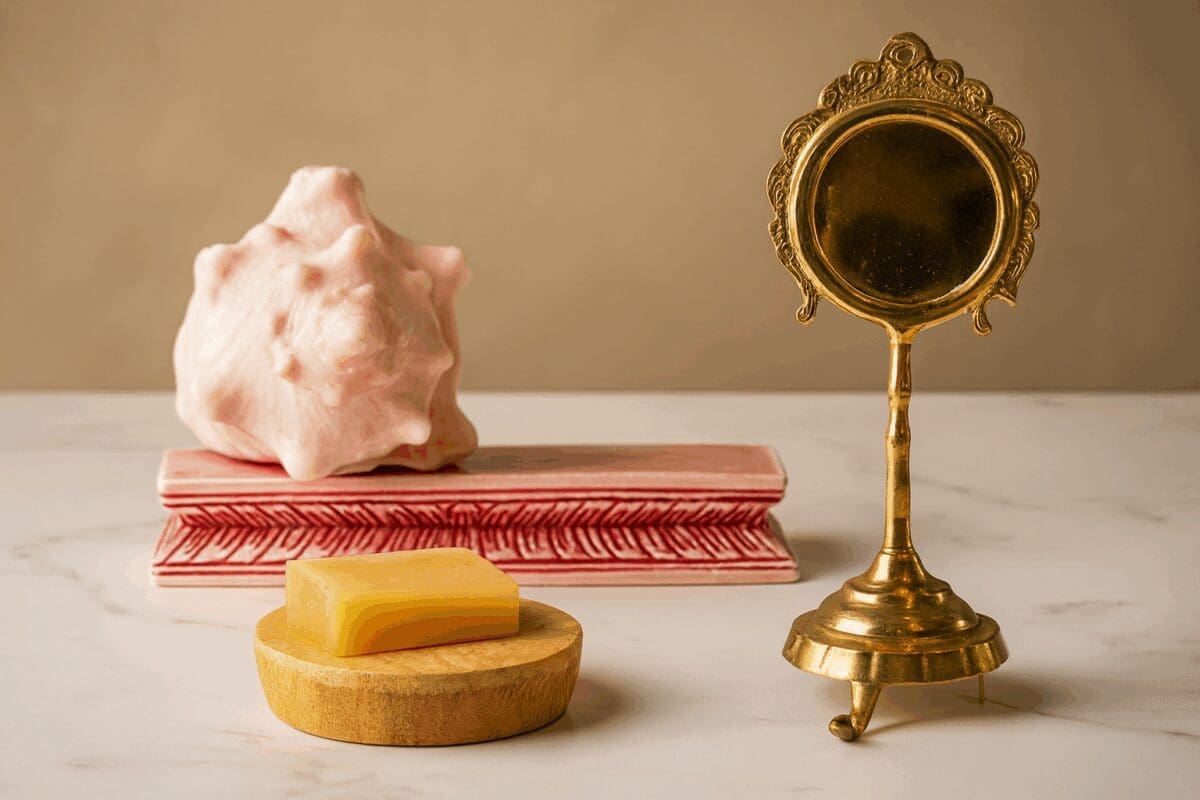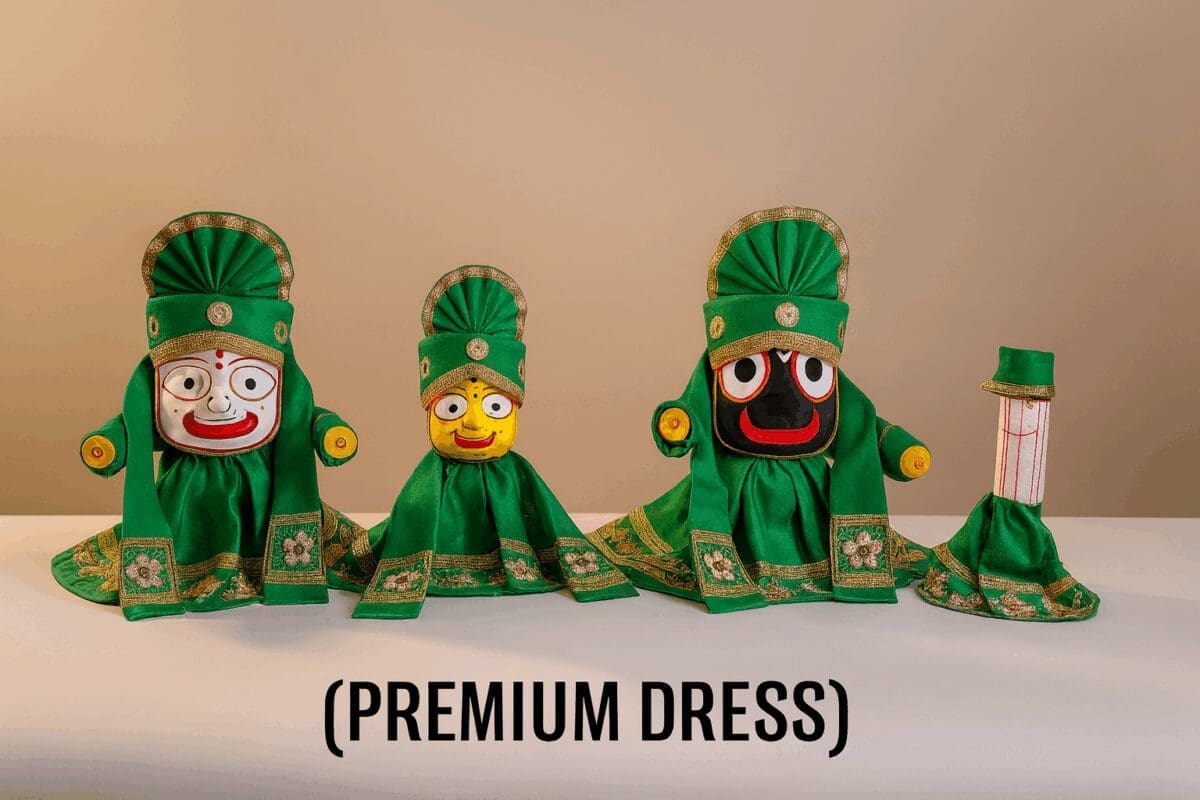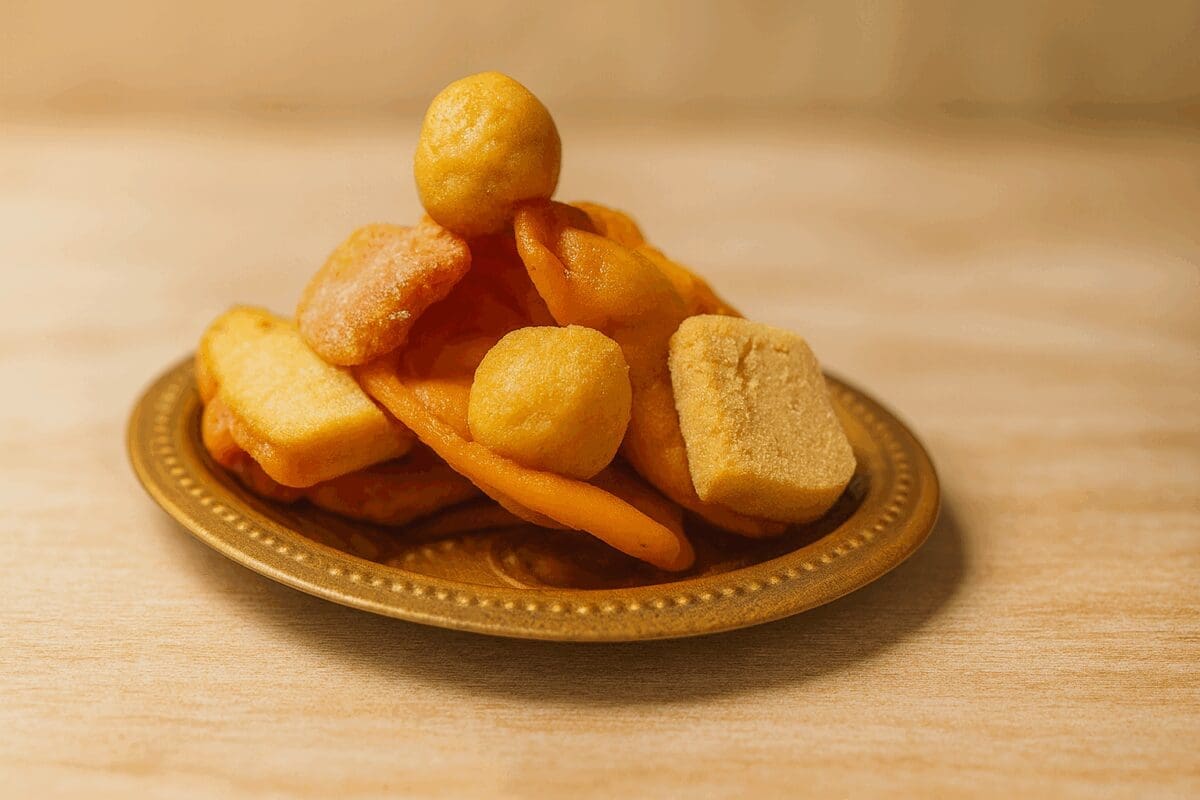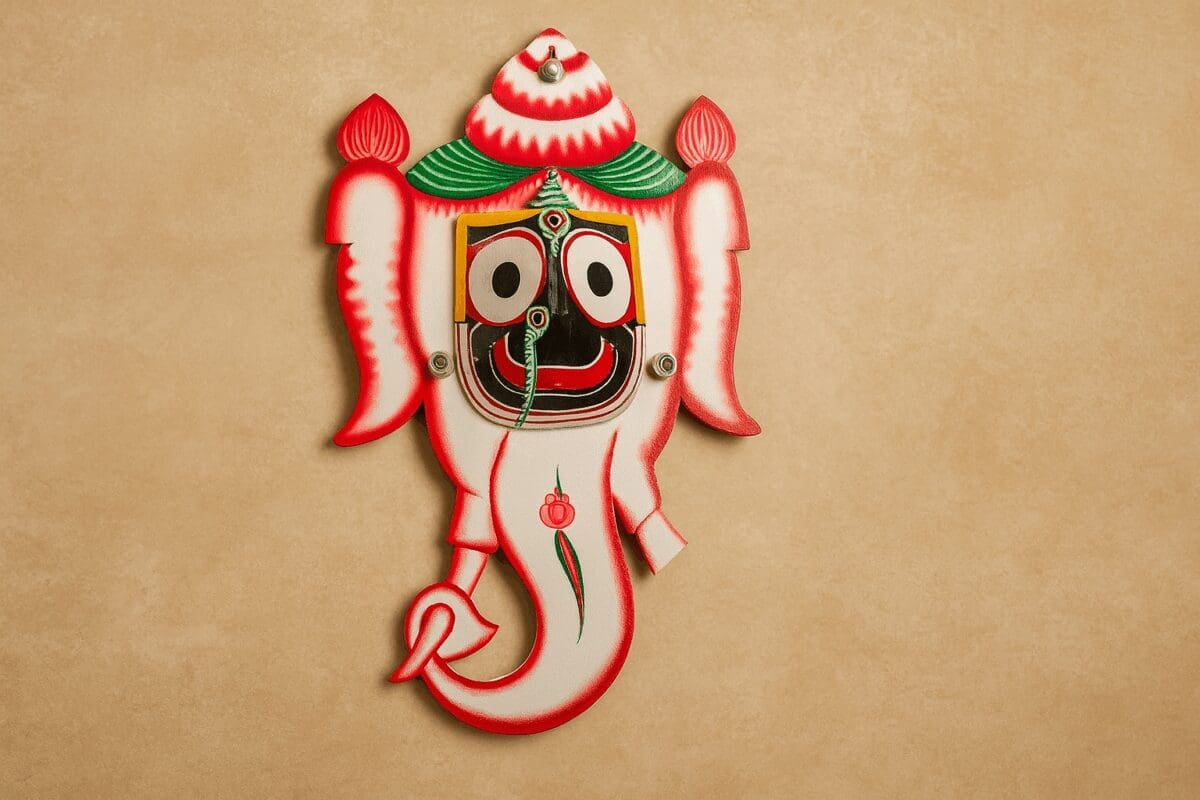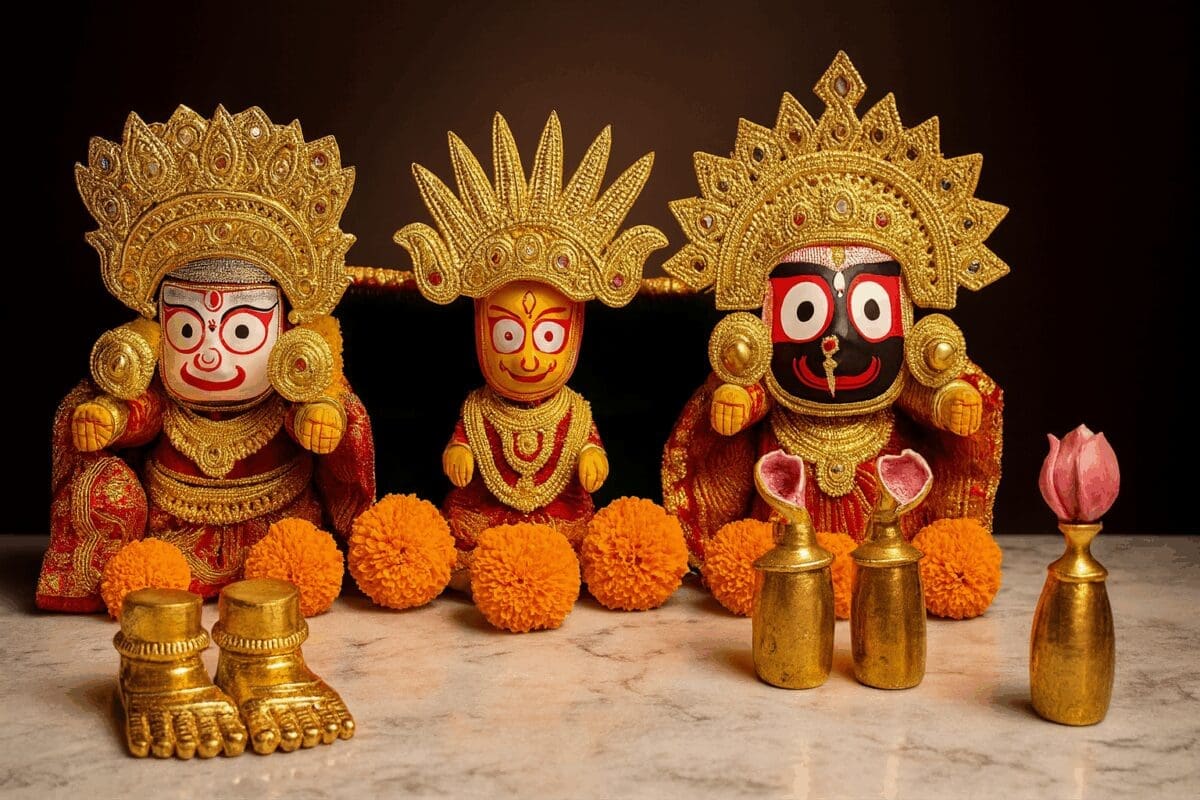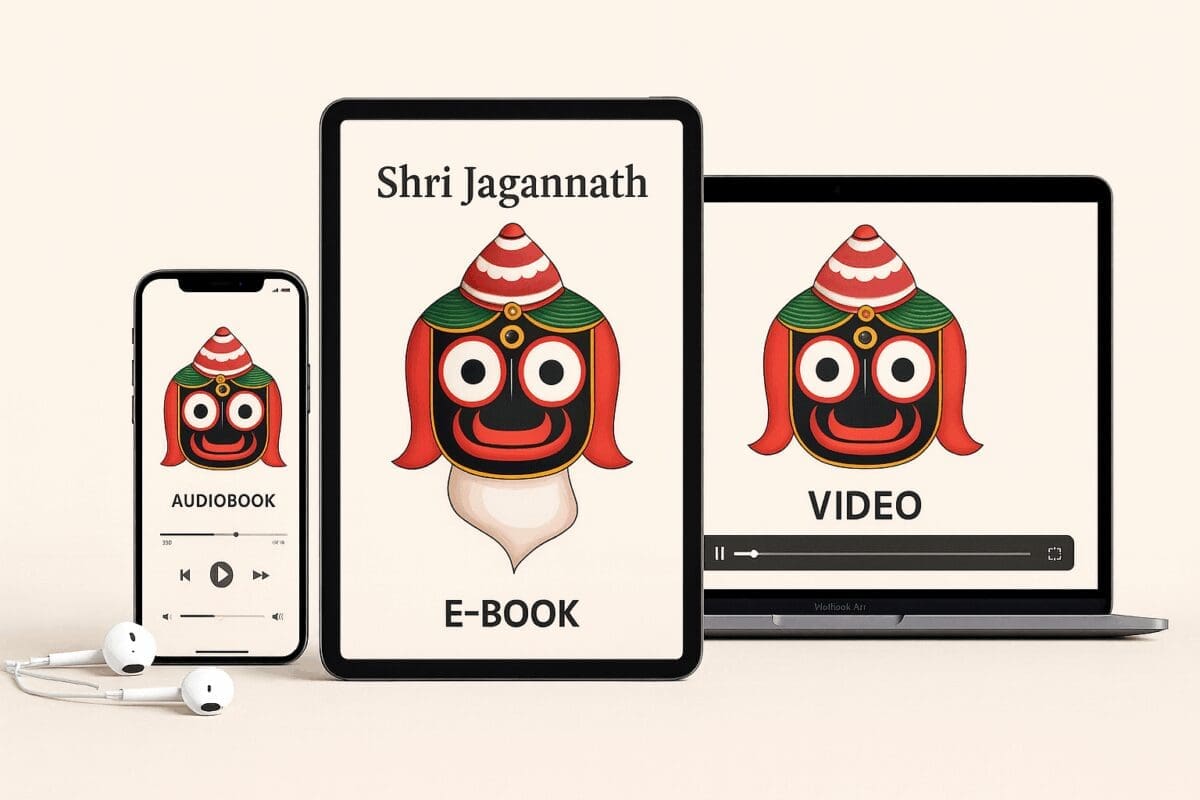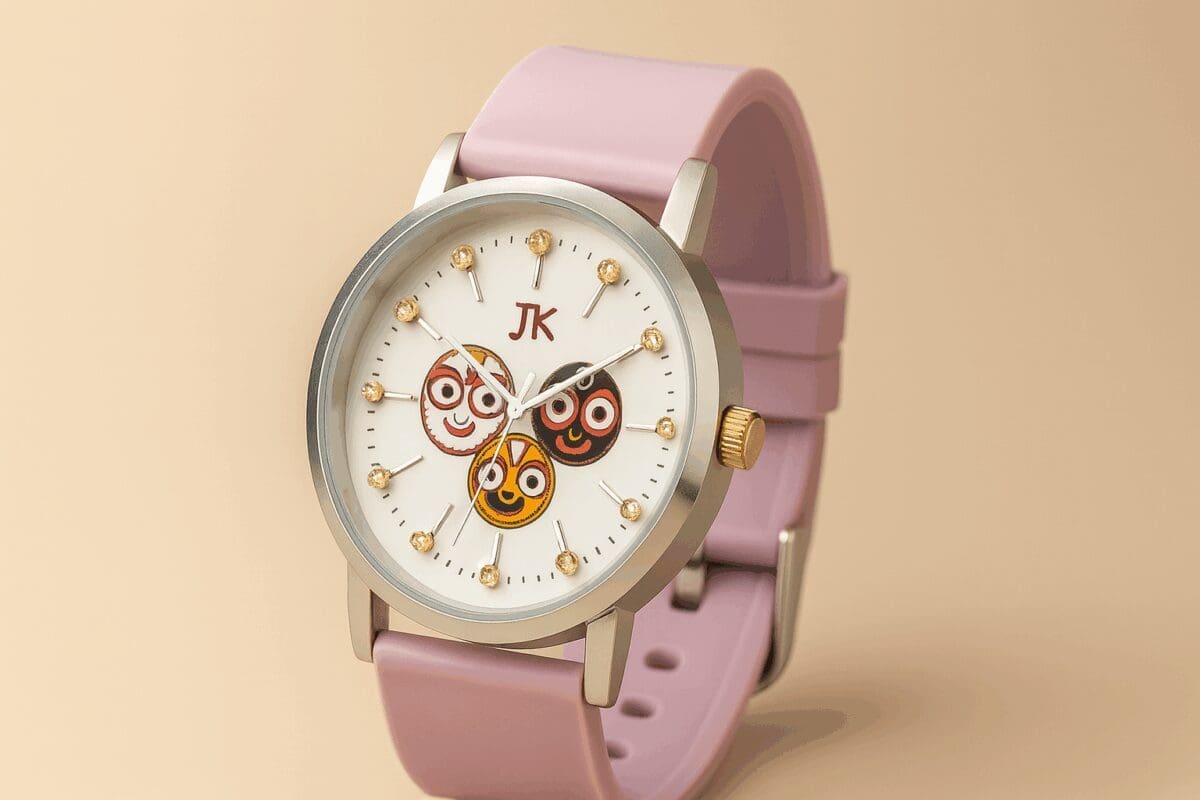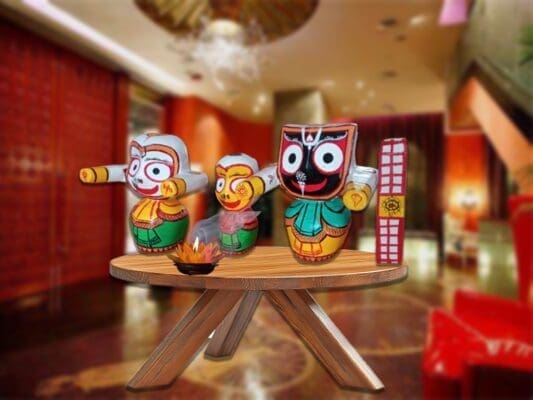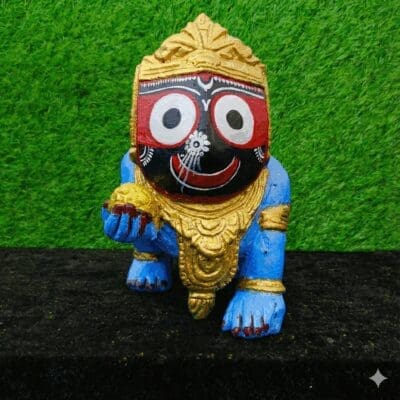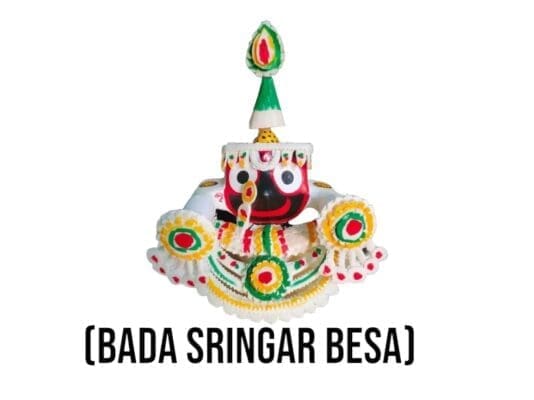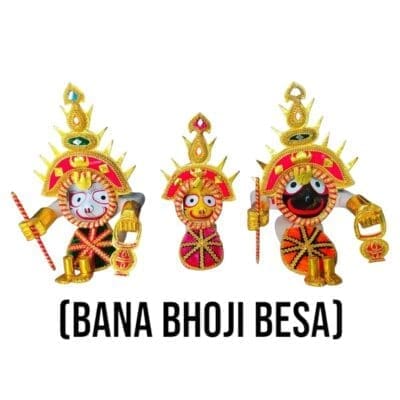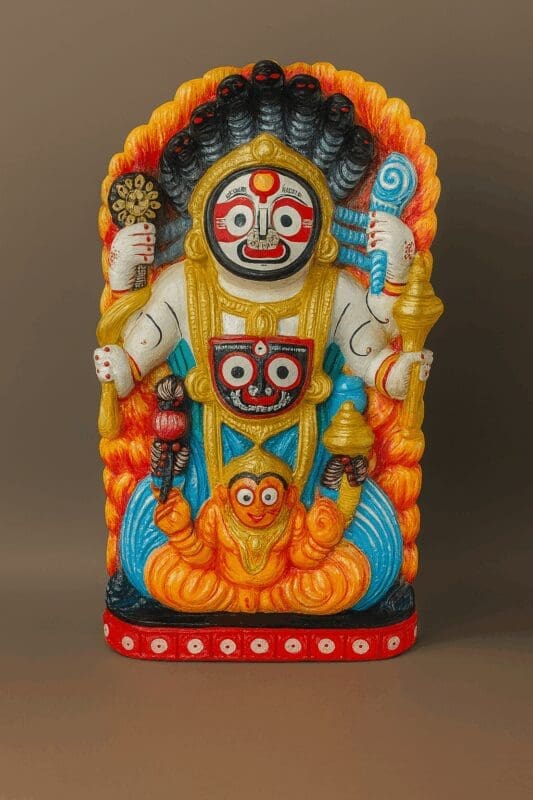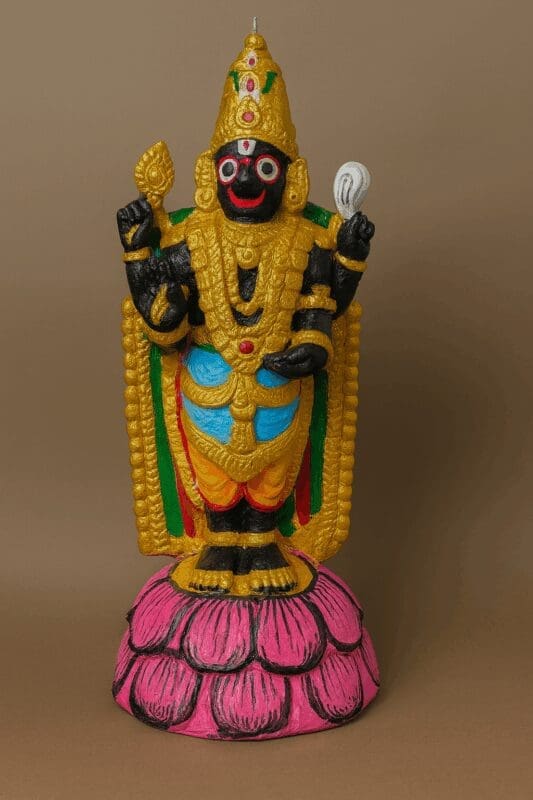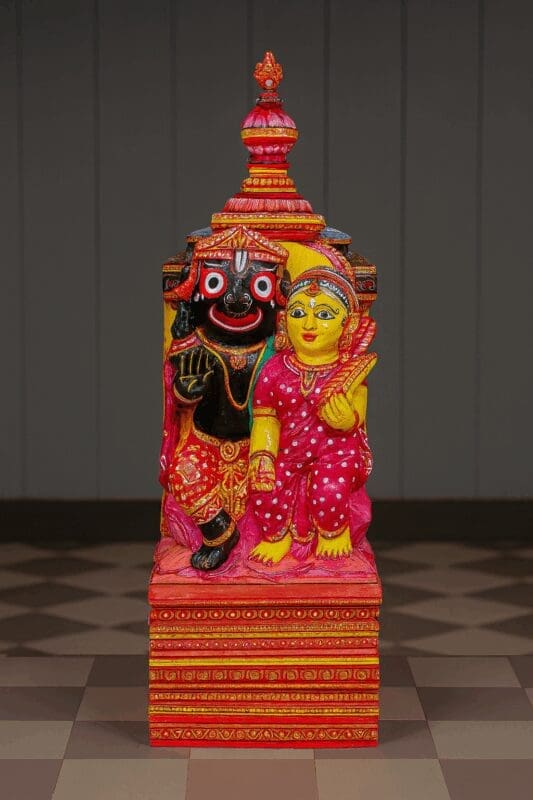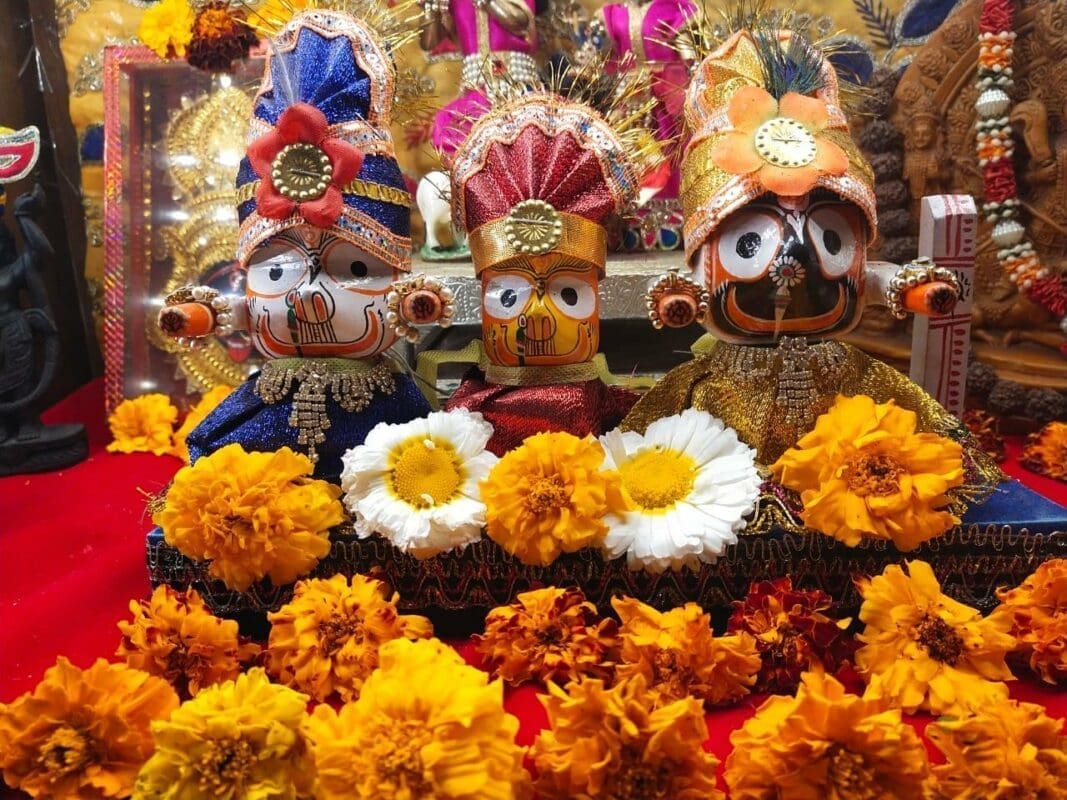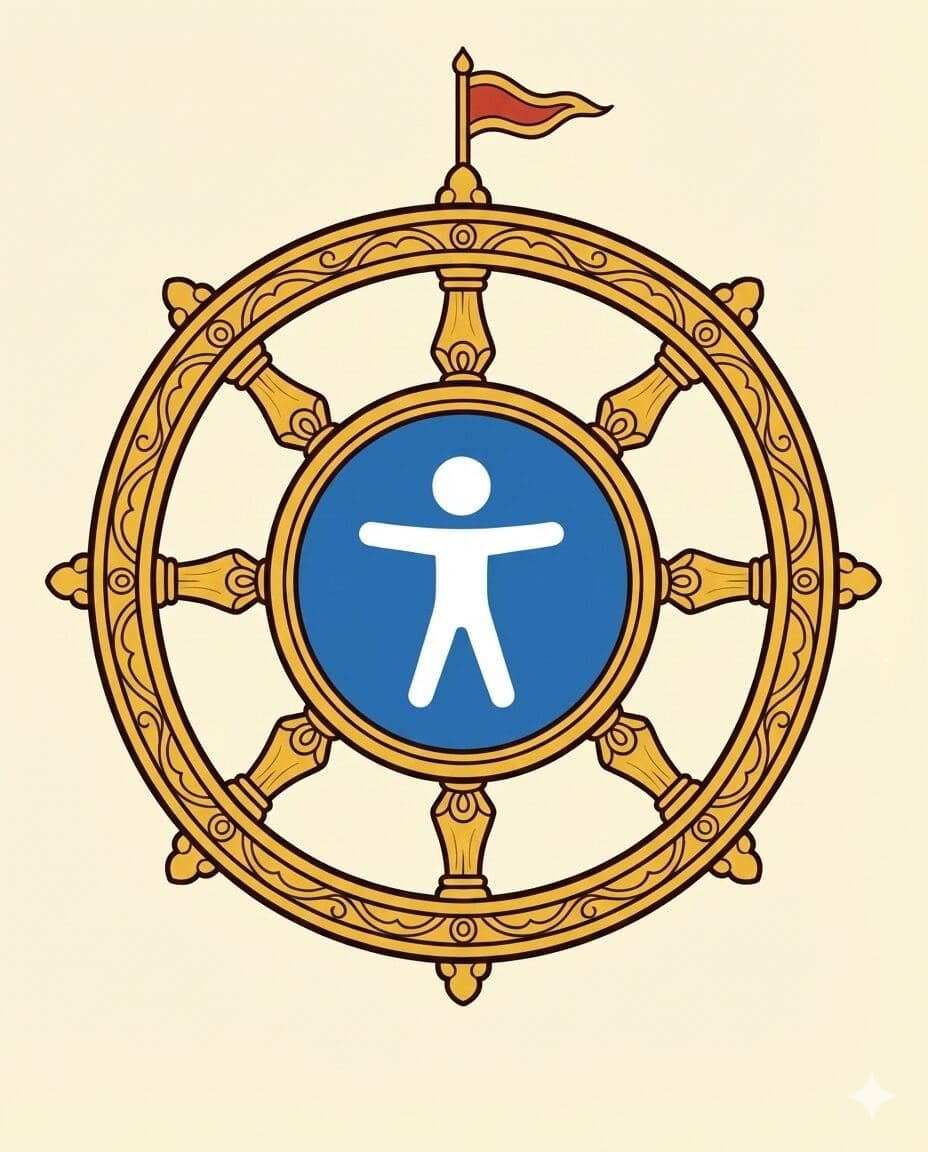All Besha Of Shri Jagannath Mahaprabhu
Ratha Yatra: A Journey of Faith
OTHER THAN HIM ARE RELATIVELY TRUE….
The Ratha Yatra, the grand chariot festival of Puri, is a spectacular celebration of faith and devotion dedicated to Lord Jagannath. This iconic festival, mentioned in ancient scriptures like the Rig Veda and the Puranas, draws millions of devotees from across the globe to witness the majestic procession of the Lord’s chariots.
The Ratha Yatra, also known as Gundicha Yatra, commemorates Lord Jagannath’s journey from the main temple to the Gundicha Temple, located about 3 kilometers away. This journey symbolizes the Lord’s desire to connect with all His devotees, regardless of their social standing or background.
The festival begins on the second day of the bright fortnight of Asadha (June-July), a month considered sacred in the Hindu calendar. Three colossal chariots, resembling towering temples, are constructed for Lord Jagannath, Balabhadra, and Subhadra. These chariots are adorned with intricate carvings, vibrant colors, and fluttering flags, creating a breathtaking spectacle.
The highlight of the Ratha Yatra is the ceremonial pulling of the chariots by thousands of devotees. The atmosphere is charged with devotion as the massive chariots slowly make their way through the Grand Road, accompanied by chanting, singing, and the rhythmic beat of drums.
The chariots halt at the Mausi Ma Temple, where the deities are offered Poda Pitha, a traditional cake, symbolizing the affectionate bond between Lord Jagannath and His aunt.
Upon reaching the Gundicha Temple, the deities reside there for seven days, allowing devotees ample opportunity for darshan (viewing) and worship. The return journey, known as Bahuda Yatra, is equally grand and culminates with the deities’ re-entry into the main temple.
The Ratha Yatra embodies the spirit of unity and equality. It transcends social barriers, allowing everyone, irrespective of caste or creed, to participate in the divine procession and receive the Lord’s blessings. The king of Puri himself participates in the “Chhera Panhara” ritual, symbolically sweeping the path before the chariots, signifying humility and service.
The Ratha Yatra is not just a religious festival; it’s a cultural extravaganza that showcases the rich traditions and artistic heritage of Odisha. It’s a celebration of faith, devotion, and the unifying power of Lord Jagannath.


